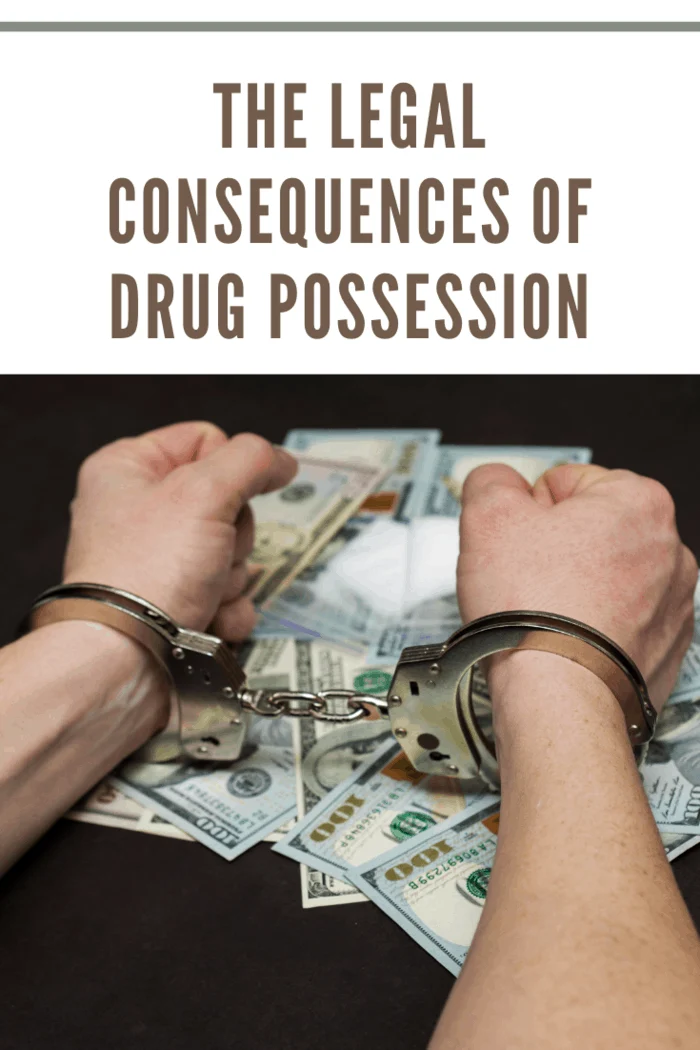Drug use is a pervasive problem in America and the fight to reduce the use of drugs has led the Government to try many different methods. The most controversial method is giving anyone caught with drugs on their person extremely harsh sentences. Opinions differ on whether that was the right approach or not, but the fact is that drug crimes still carry very serious consequences. The tide might be slowly turning as many states gradually legalize or decriminalize marijuana, but there are still serious consequences for the possession of other types of drugs.
That is the reason why experts like Orlando drug lawyer Parikh aka The Florida Trial Lawyer recommend that anyone who is arrested or detained for drug possession call an attorney as soon as possible. There are many different kinds of drug crimes, such as manufacturing or distribution, and even though possession is one of the lesser charges it can still carry some serious penalties. Those penalties vary from state to state with some districts having far harsher sentences for the exact same crime than others. But no matter how light or heavy the penalty may be where you live, it is best if you contact an attorney if you have been charged with drug possession. The reason is that a drug lawyer will give you the best chance of avoiding the sentence altogether.

Drug Enforcement Schedules
The charges for drug possession depend on the type of drug that the person was carrying because drugs are separated into different schedules by the DEA (Drug Enforcement Administration). The higher the schedule, the more serious the penalty. The following are the various drug schedules and the types of drugs within those schedules:
Schedule 1: These drugs have a high potential for abuse and serve no medical purpose according to the DEA. They include heroin, marijuana, LSD, peyote, and MDMA aka Ecstasy.
Schedule 2: These are drugs that have some medical use but still have a high potential for abuse. Some schedule 2 drugs are cocaine, opioids like Vicodin or Oxycontin, prescription stimulants like Adderall, and methamphetamines.
Schedule 3: These have a lower risk of abuse and addiction than schedule 2 drugs and include steroids, ketamine, and codeine.
Schedule 4: These are medications that have a low risk of abuse or dependence and include sedatives and muscle relaxants.
Schedule 5: These are very low-risk drugs and include cough syrups with low levels of codeine.
Penalties for Drug Possession
As stated previously, the penalties for drug possession vary by state, but drug possession is also a federal crime in addition to a state crime, meaning that a person can face federal penalties as well. There are two types of drug possession charges, simple possession, and constructive possession. Simple possession is when someone has a small amount of drugs on their person that are intended for personal use. Constructive possession means that the person knew, or should have known about the drugs and was in control of them.
Jail Time: Under federal law, a first-time drug possession charge is a misdemeanor, which can lead to a year or less of prison time. Subsequent offenses are considered a felony and can lead to up to two years of jail time.
Fines: At the federal level, fines for first-time drug possession are at least $1000 and can go higher. A second offense can have a fine of $2500 or higher and subsequent offenses can have a fine of $5000 or more.
In addition to fines and jail time, there can be other long-term penalties as well, such as the ineligibility to own a firearm or the denial of federal benefits like student loans.
How a Drug Crimes Lawyer Can Help You
Even though the consequences of a drug crime can be tough, an attorney can help to get them dropped or reduced via a number of different defenses. They could argue that your Fourth Amendment rights, which prohibit unreasonable search and seizure, were violated when the police officer found drugs in your possession. (source Cornell Law)
They could argue that you were not in constructive possession of the drugs or that the drugs belonged to someone else. The type of defense that your lawyer can mount depends on the circumstances of your charge, but no matter what those circumstances are, you should make sure that you have a lawyer present to defend you.
